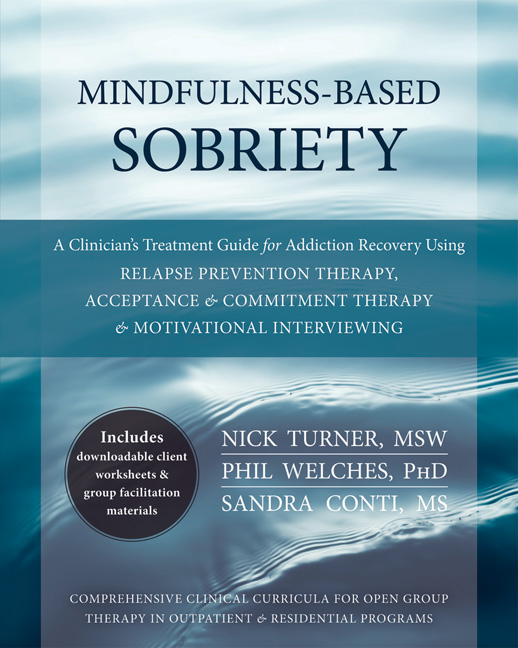By Nick Turner, MSW, Phil Welches PhD
When working with individuals experiencing substance use issues, you will often encounter those who struggle with urges and cravings. Despite a desire to change and taking the initial steps to do so, the person experiences physical, emotional, and cognitive compulsions to use substances, or to use at a level that is not conducive to living a healthy and meaningful life. Urges and cravings are typically experienced as distressing or signs of weakness. Once a person begins to struggle with urges and cravings, those cravings tend to increase in frequency and intensity, which can eventually lead to a lapse back into the substance use cycle.
An alternative to struggling with urges and cravings is using a mindfulness-based technique referred to as urge surfing. By practicing urge surfing, those encountering urges and cravings learn to accept and open up to their experience. Individuals learn to step back, slow down, and use their breath as a surfboard to ride out the waves of desire as they rise and fall, rise again, and eventually dissipate. The skill and practice of urge surfing empowers the client with experience-based knowledge of not having to succumb to cravings.
It is not a matter of resisting the urge, but accepting and experiencing it in a defused, mindful manner, with curiosity about what the urge will do next. While urge surfing can be liberating to a substance-dependent client, its applications extend into a range of situations in which behavioral reactiveness runs counter to value-based living. Accordingly, urge surfing helps in the “fight or flight” arena, as a means of trauma-exposure therapy and anger acceptance (versus management).
 Nick Turner, MSW, is the clinical supervisor at Gateway Foundation in Chicago, IL, where he specializes in providing staff supervision and individual and group counseling for substance abuse and mental health needs. He is a licensed clinical social worker (Illinois), certified alcohol and drug counselor (Illinois IAODAPCA).
Nick Turner, MSW, is the clinical supervisor at Gateway Foundation in Chicago, IL, where he specializes in providing staff supervision and individual and group counseling for substance abuse and mental health needs. He is a licensed clinical social worker (Illinois), certified alcohol and drug counselor (Illinois IAODAPCA).
Phil Welches, PhD, is a clinical psychologist in Chicago, where he maintains a private practice in psychotherapy and consultation. He is a member of the Motivational Interviewing Network of Trainers (MINT) and president of the Association for Contextual Behavioral Science (ACBS) Chicago Chapter.

 2024 Peace Playbook: 3 Tactics to Avoid Clashes with Your Partner
2024 Peace Playbook: 3 Tactics to Avoid Clashes with Your Partner